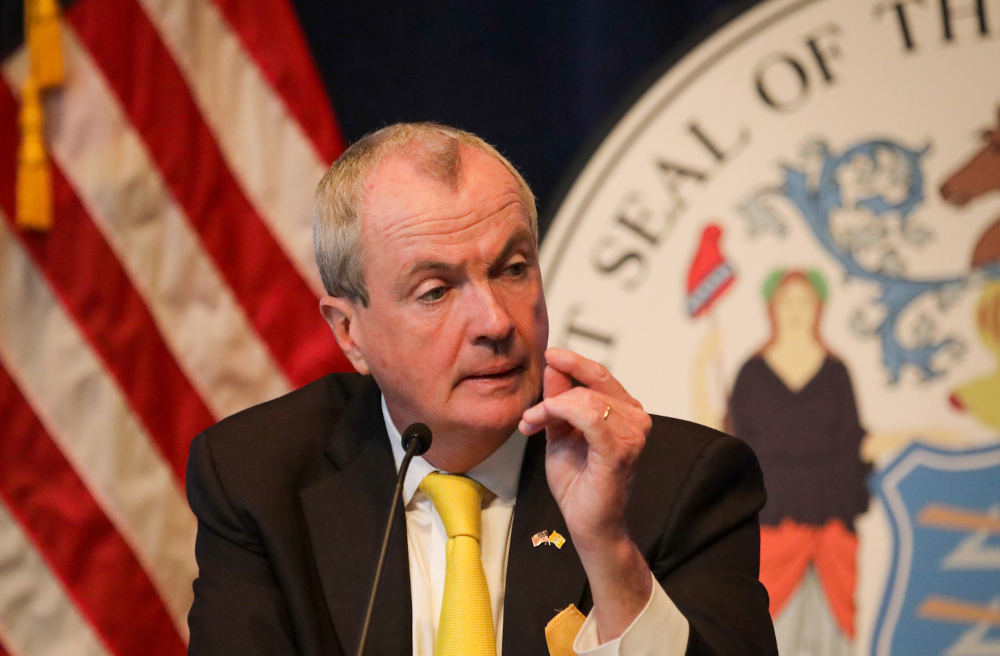Playing catchup with other Central American countries, Honduras now is moving to establish a framework for industrial hemp.
Stakeholders and government officials explored the promise for hemp late last month at a first-ever symposium that looked at the crop’s potential to lift up vulnerable populations, spur the development of cooperatives, and support businesses.
$3 billion market?
Honduras has been slow to develop a hemp program compared to neighboring Central American nations of Costa Rica, Panama and Guatemala. The Southern Chamber of Commerce and Industries has estimated cannabis in Honduras could become a $3 billion market – roughly equivalent to 11% of the country’s GDP.
Students, teachers, mayors, government officials and congressmen attended last month’s symposium, held at the National University of Agriculture.
Start with basics
In their ongoing efforts to educate and raise awareness among government officials and politicians, speakers started with the basics – reminding of the differences between hemp and marijuana; other presenters called for hemp policy that would help to alleviate poverty, and urged scientists and researchers to explore hemp.
Honduran hemp advocates have said the country first needs to draft amendments and clarifications in drug laws, then put in place legislation that sanctions cultivation and production and sets rules for such things as farming, storage, transportation, processing, marketing, imports and exports. Stakeholders envision development of hemp businesses and related industries of different scales in agriculture, food and beauty products and other applications as international market trends evolve.
Challenges
Fundamental changes in narcotics laws would also be the first step in eradicating a flourishing illegal cannabis trade in Honduras, notorious for half a century as the Central American base for drug trafficking controlled by organized crime, which has infiltrated all institutions at all levels of government administration. Former President Juan Orlando Hernández last year was convicted of conspiracy to traffic cocaine, arms possession and other charges in a New York federal court.
Development of a hemp agriculture sector in Honduras could also be challenged by a general shortage of farm workers, a topic that was addressed in October when Texas Agriculture Commissioner Sid Miller met with a group of Honduran politicians to establish a dialogue regarding the creation of farm jobs in Honduras – with the companion aim of reducing illegal migration into the United States.
“Honduran officials have made it clear that they have a shortage of agricultural workers due to migration into the United States. They need new opportunities to attract and keep a solid agricultural workforce. One thing we all agreed upon is that hemp may provide a much-needed solution,” Miller said.
Miller told the Honduran officials that a strong hemp sector could stimulate the overall economy, which will encourage Hondurans and their families to remain in their home country.
Ag is key industry
Agriculture, a key industry in Honduras, has also suffered devastating effects from climate change, and farmers have had to cope with the high cost of seeds, fertilizers, and other inputs needed for producing food. Many also struggled to access credit during the coronavirus pandemic.
Honduras’ leading export is bananas, with two U.S. corporations – Chiquita and Dole – holding a disproportionate amount of the country’s agricultural land and producing a substantial part of the national income. Honduran farmers also produce coffee beans, tobacco and sugarcane, with corn as the chief staple crop. Cattle raising is the main livestock activity, with beef a key export.
Read the full article here




